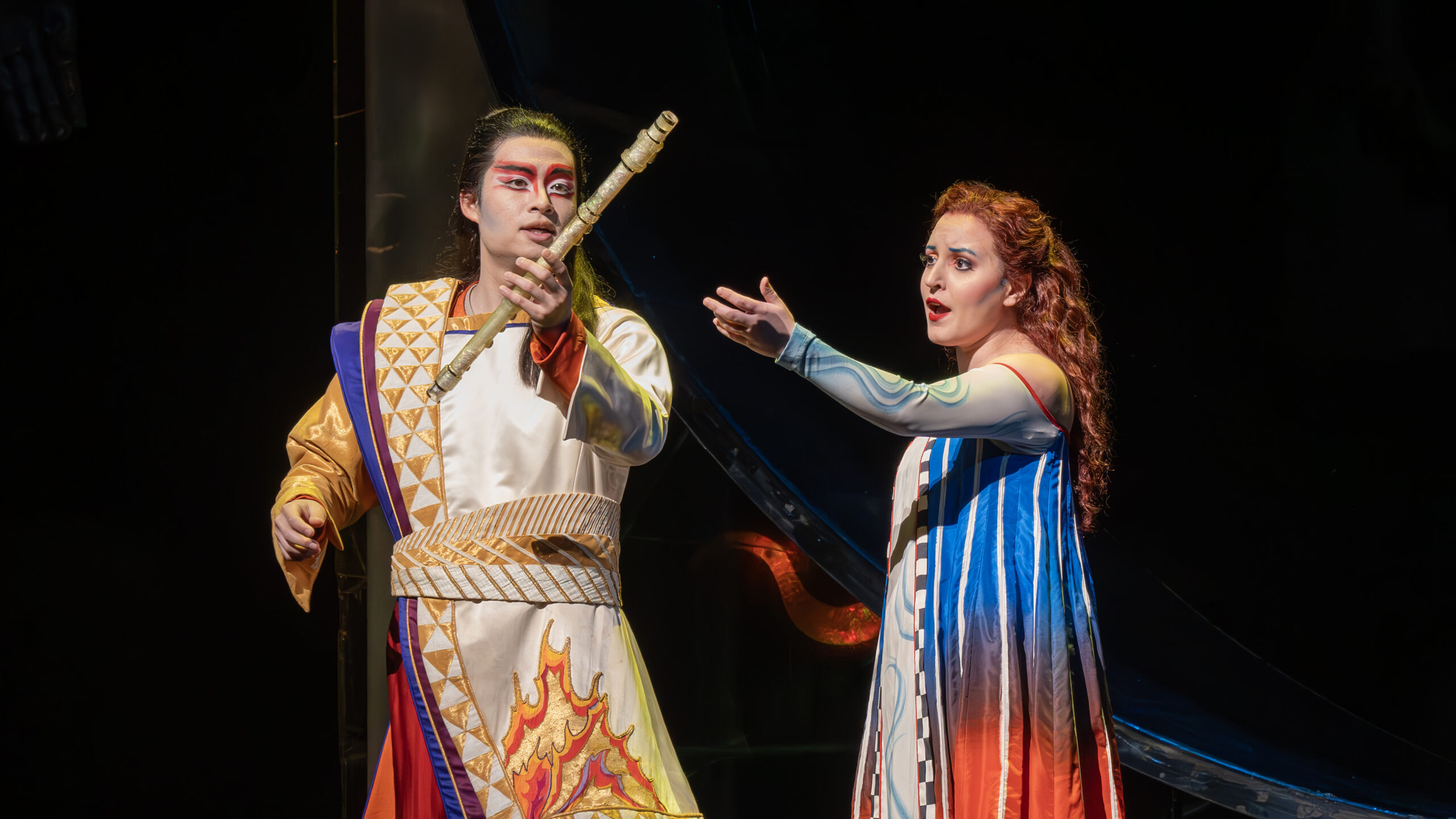
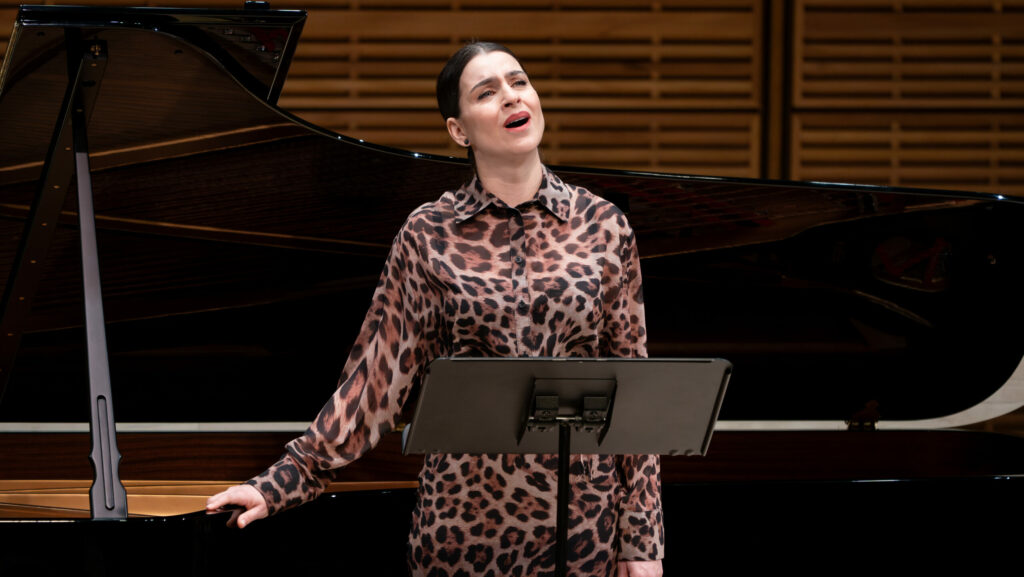
Jennifer Taylor
Likely a matter of serendipity than deliberate planning, Carnegie Hall recently presented a week-long festival of Eastern European vocal music with top-flight international performers. If song recitals by opera stars Piotr Beczala and Asmik Grigorian sometimes came up short, Semyon Bychkov’s powerful rendition of the Glagolitic Mass instantly became one of the year’s highlights.
Janácek’s sacred work closed the second of three programs shared by the Czech Philharmonic and the Prague Philharmonic Chorus marking 2024’s Year of Czech Music. The usually bare Carnegie stage was festively decorated with pots of red and white flower and two large green banners. The audience included many chicly attired Czechs — I didn’t hear a word of English around me the entire evening — who vigorously cheered not only the Mass and Dvorák’sPiano Concerto, but also the President of the Czech Republic who was in attendance.
The Dvorak which began the evening gave many opportunities for Daniil Trifonov to display his dazzling technique, but his bravura wasn’t enough to transform the earnest concerto into a masterwork. He was clearly the main attraction for some audience members including the gentleman seated next to me who fled at intermission. But they missed an inspired orchestra, four fine soloists, a masterly organist, and a mighty eighty-member chorus tackle one of the jewels of Janácek’s most productive final years.
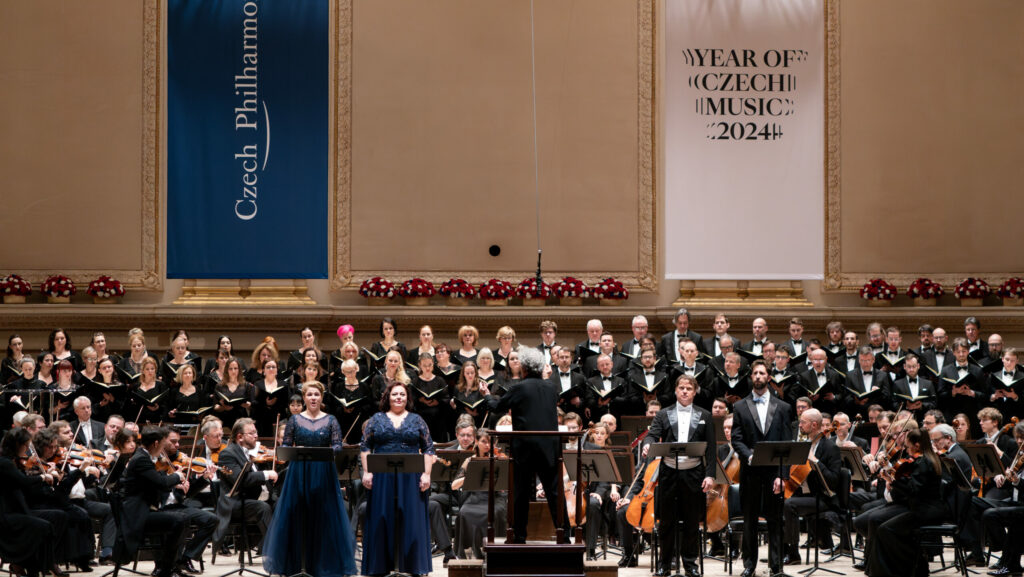
Jennifer Taylor
Though the composer was an atheist, he utilized the traditional Mass (in Old Church Slavonic rather than Latin) to express his deeply spiritual nature. Perhaps due to the large forces required, Janacek’s work hadn’t been performed at Carnegie Hall since 2010, but I couldn’t believe that the New York Philharmonic hasn’t programmed it since 1963 when Leonard Bernstein led it. As Cincinnati’s May Festival always prominently features choral music, I first encountered the work there in the mid-1980s and never forgot its stunning impact.
Of its eight movements, only five feature voices; the work begins and ends with the orchestra alone while the seventh is an extended and demanding organ solo, played at Carnegie by Daniela Valtrov Kosinova. Listeners familiar with masses by Brahms or Verdi may find Janácek’s use of his solo vocalists unusual. They don’t have movements to themselves but rather enter sometimes unexpectedly amidst the complexly pungent choral writing which the Prague group handled with vigorous precision.
Little known in the US, soprano Katerina Knezikova has a growing discography; she has just released an all-Strauss CD including the Vier Letzte Lieder as well as songs accompanied on the piano by conductor Jakub Hrusa.
This summer she returns to the Glyndebourne Festival to once again star in Janácek’s Kata Kabanova. Although she began uncertainly at Carnegie, Knezikova soon revealed a cooly gleaming soprano which soared neatly over Bychkov’s churning orchestra and chorus. Mezzo Lucie Hilscherova, with far less to do, didn’t make much of an impression.
Bass David Leigh, the sole non-Czech soloist and subject of a recent parterre box profile by Judith Malafronte, contributed a commanding presence in his brief interjections, particularly his duet with ringing tenor Ales Briscein who handled the punishingly high tessitura of his frequent solos with shining power.
Several days later, another tenor took the Stern stage with decidedly more intimate music. Taking a day off from rehearsals at the Met for its new Aida which premieres on New Year’s Eve, Piotr Beczala set aside Verdi for a recital of Russian, Polish, and German songs accompanied by Helmut Deutsch, who is most frequently heard as the partner of another superstar tenor, Jonas Kaufmann.
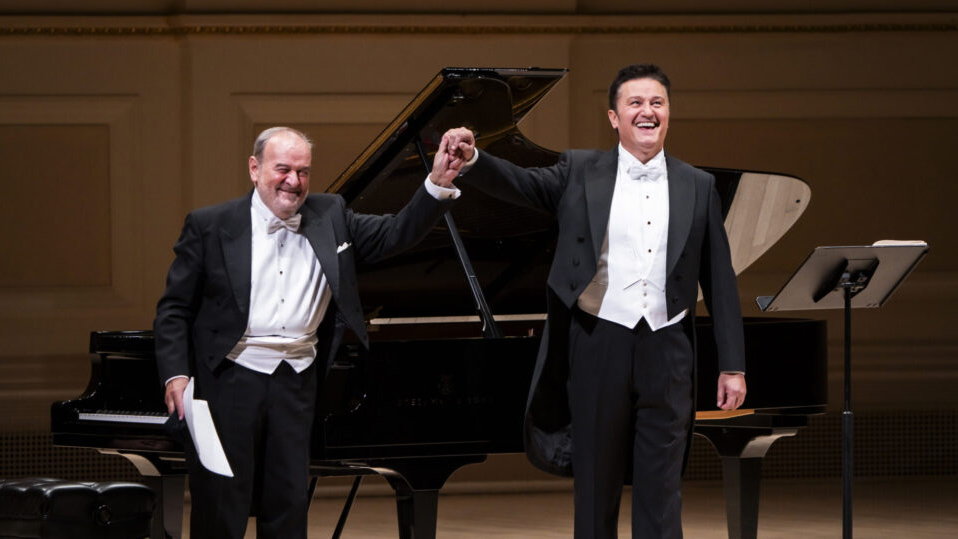
Chris Lee
Perhaps the exertions of Radames had zapped his energies as Beczala offered a blandly low-energy evening. Works by Tchaikovsky, Greig (in German), Karlowicz, Schumann, and Rachmaninoff tended to be moderately serious and romantic in nature and allowed the affable tenor (who turns 58 three days before Aida opens) to display with plangent ardor his remarkably well-preserved and sunny voice which occasionally rose to still-secure house-filling high notes.
More often than not intently gazing at his score, Beczala didn’t come across as a natural recitalist armed with richly nuanced interpretations. Every song sounded pretty much like the other; even the rare Karlowicz songs in his native Polish failed to elicit much of a spark. He and Deutsch, usually a masterful accompanist, lacked chemistry and the audience responded with respectful applause that often died out before the performers had exited the stage.
As they often do, four encores brought out the singer’s best displaying more engagement especially in the one by Moniuszko, a rare instance when the tenor sang without referring to his score. We at last got a glimpse of the kind of deeply felt communication of which he could be capable.
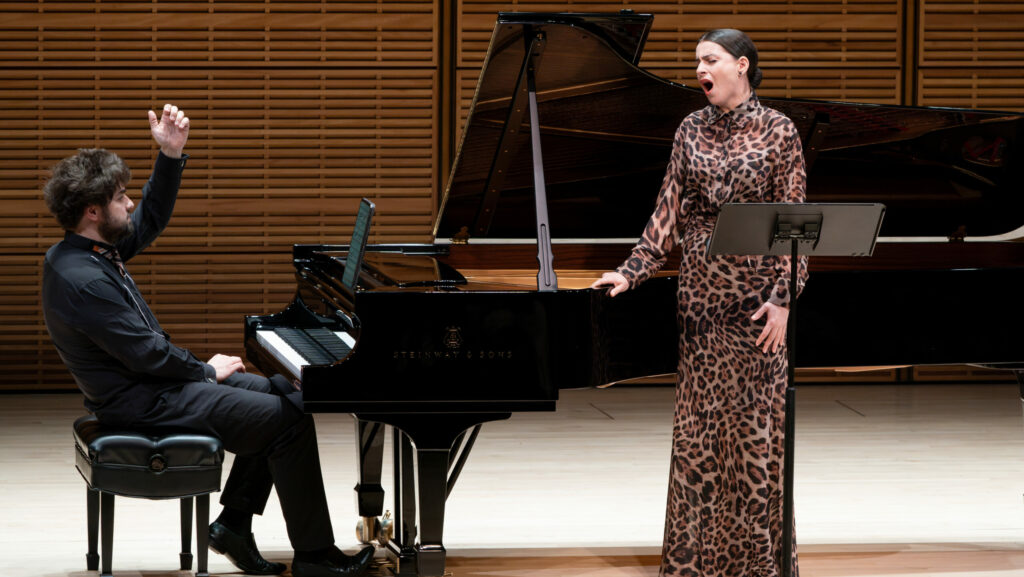
Jennifer Taylor
Three days later down in Zankel Hall, Asmik Grigorian, returning to New York for the first time since her acclaimed Met debut this spring in Madama Butterfly, also sang from behind a music stand which held her music iPad. It seemed odd that a score was needed as she’s been periodically offering this same program of Tchaikovsky and Rachmaninoff songs since she recorded them several years ago with fellow Lithuanian, superb pianist Lukas Geniusas. In fact, Joel Rozen reviewed a similar recital they offered at the Aix-en-Provence Festival in the summer of 2023.
Those in charge of Stern ordained we needn’t be able to read Beczala’s text and translations, so the lights were kept down; however, Grigorian’s audience had a much brighter house. Since I’m not especially familiar with Russian song repertoire, I can’t speak to how these performers compare to their long list of predecessors. However, Beczala and Grigorian’s approaches to Tchaikovsky and Rachmaninoff—they even sang several of the same songs—differed markedly.
Despite the presence of the scores at which she only occasionally glanced, the darkly intense soprano, unlike Beczala, quickly conjured a new world with each song. Surely, the more intimate space in Zankel helped, but her arresting involvement–rivetingly assisted by Geniusas– drew us in and gripped us through each group. Though she eschewed any gestures, her flamboyantly emotional approach made Tchaikovsky’s songs resonate as much more strongly emotional than those offered by Beczala.
Though she did justice to some of Rachmaninoff’s quieter songs, she embraced a big operatic approach to “Spring Waters” and the demanding “Dissonances,” which concluded the program and which she took as the title for her album. Often she sounded like she might be a mezzo as the middle of her voice poured forth in a velvety stream. But strong high notes were plentiful, though they perhaps emerged with some effort and lacked real freedom. Her dynamics ranged impressively from the softest of high pianissimi to show-stopping diva climaxes. Her sheer leopard-patterned gown tartly married modesty with a playful provocative fashion flair. Despite loud ovations and two bouquets, we were rewarded with just a single unannounced encore.
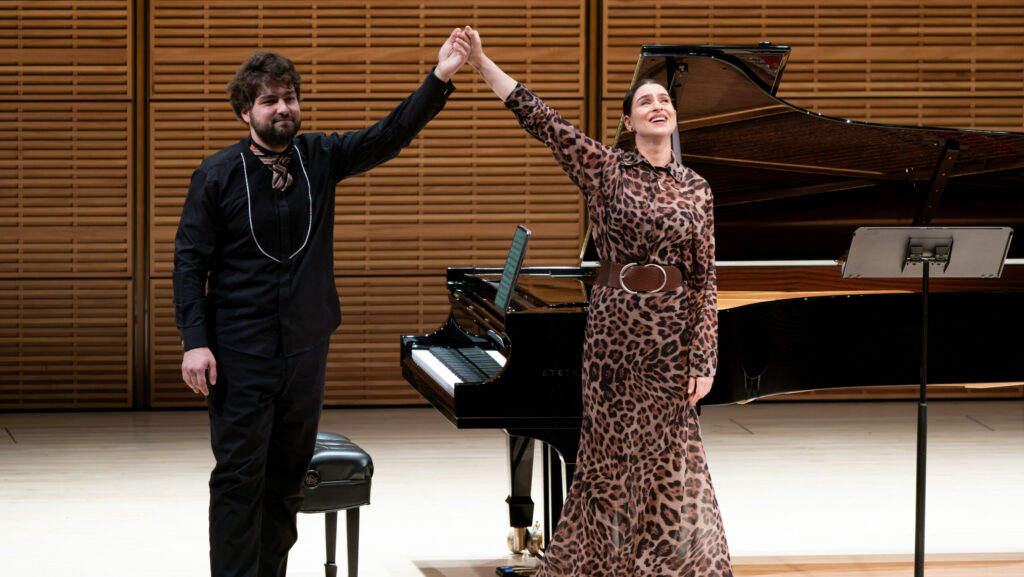
Jennifer Taylor
It would appear that Grigorian is at last moving on from this all-Russian recital program. At next summer’s Salzburg Festival (where she’ll be again appearing in Macbeth), she and pianist Hyung-ki Joo will present “A Diva is Born” featuring music by Georges Bizet, Giacomo Puccini, Olivier Messiaen, Paul McCartney and John Lennon, Lady Gaga, and Sting!
But first: who will win the fast-approaching Norma sweepstakes? Grigorian will be the first of three sopranos singing their first naughty Druid priestesses in new productions across Europe this spring. In mid-February at the Theater an der Wien, Grigorian, directed by her partner Vasily Barkhatov, will duet with Aigul Akhmetshina after being betrayed by the tenor the Viennese website calls Frederick Rocco De Tomasso. Later in February, Federica Lombardi at the Wiener Staatsoper temporarily loses Juan Diego Florez to Vasilia Berzhanskaya, while in April at Berlin’s Staatsoper. the Barkhatov staging reappears with Rachel Willis-Sorensen, Elmina Hasan, and Dmitri Korchak. Which one would YOU attend?
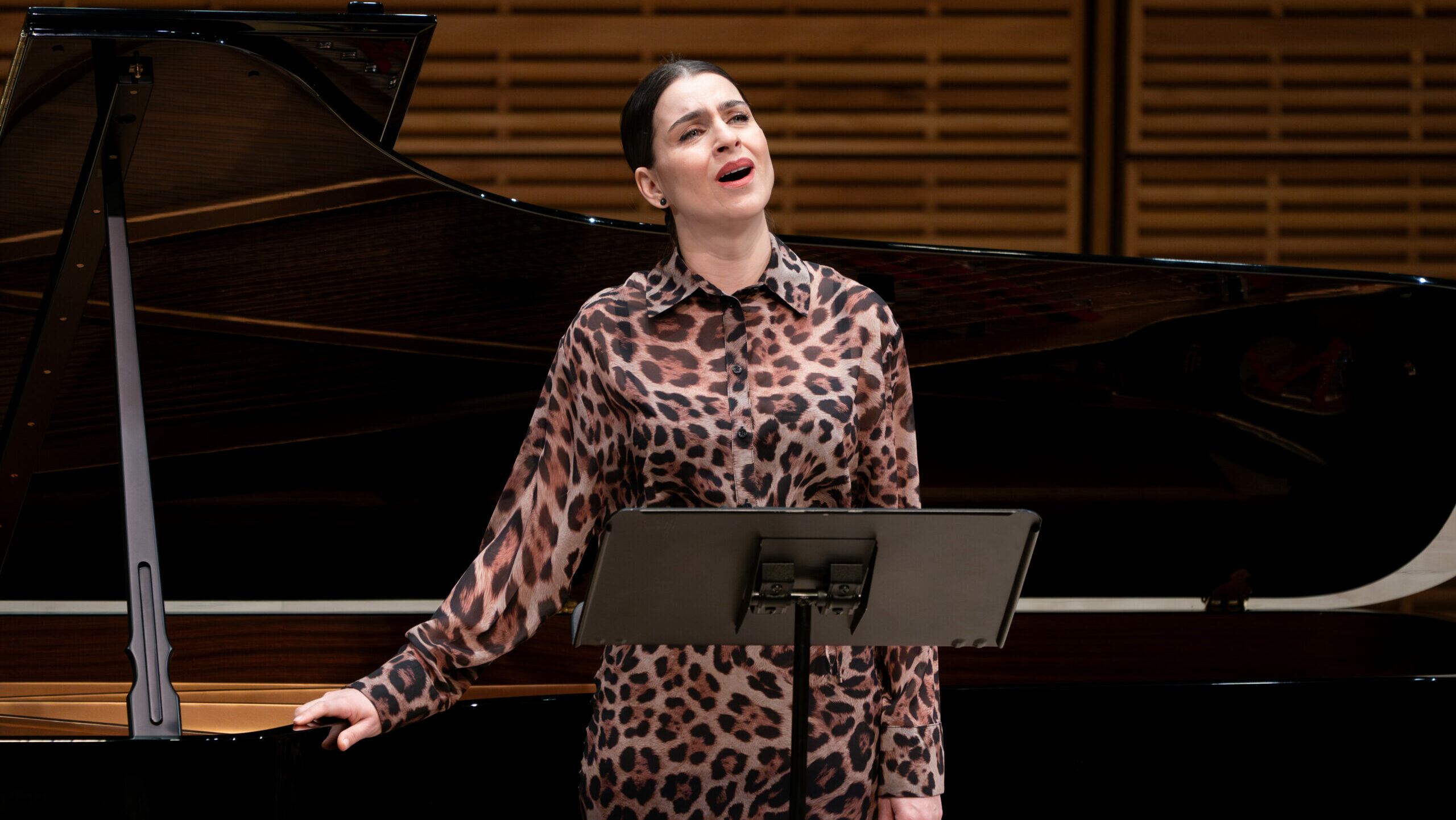
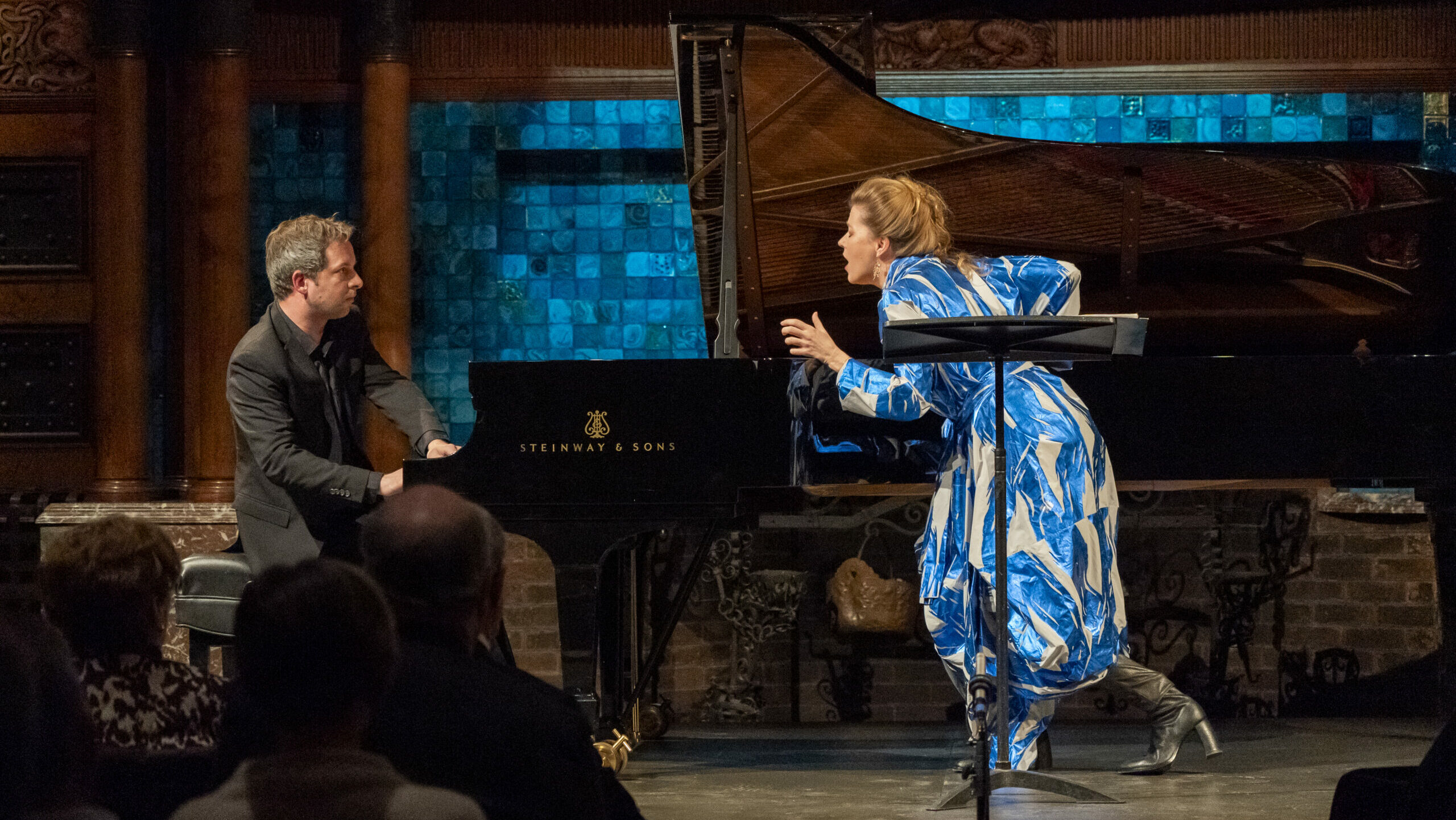

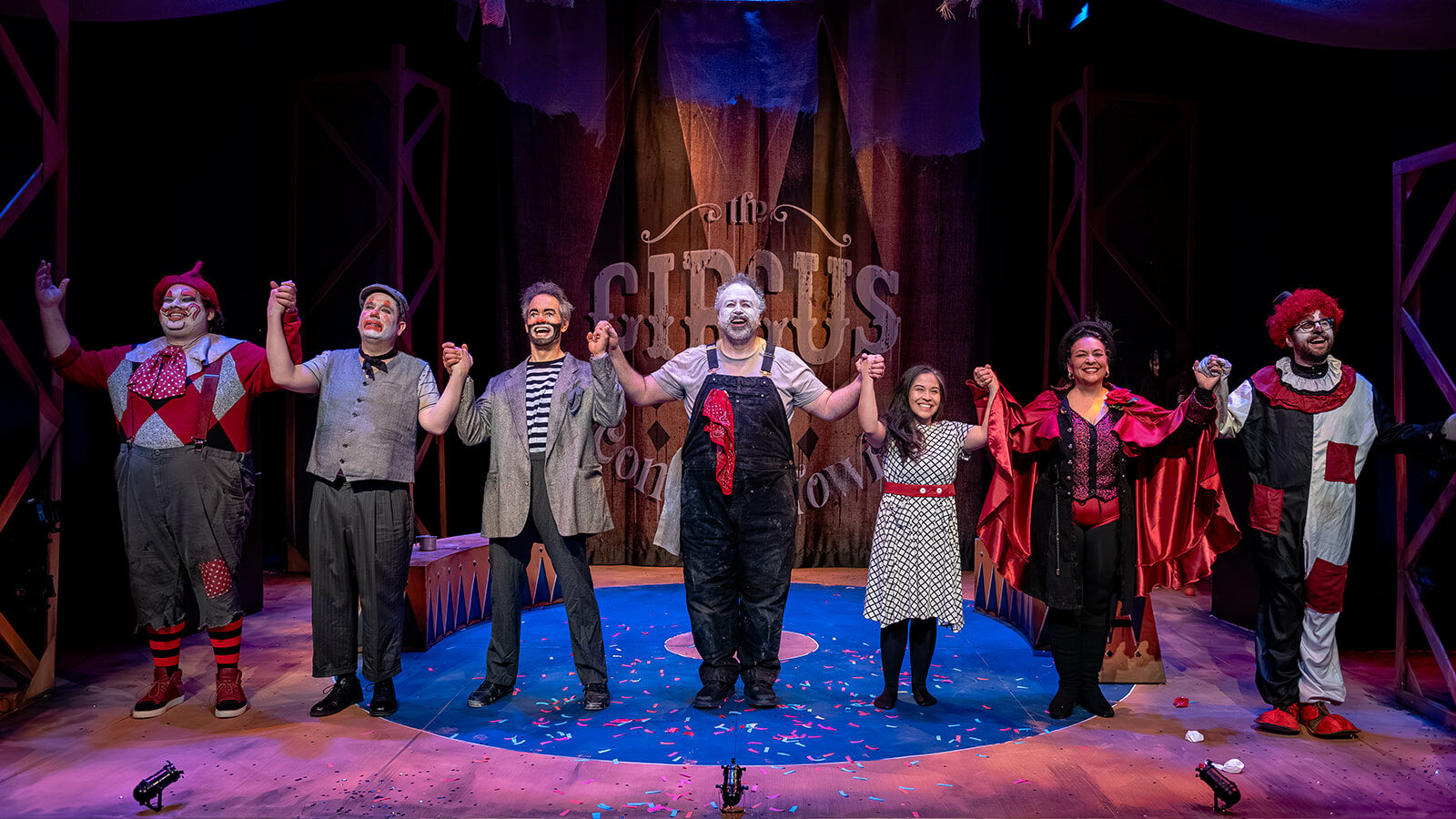




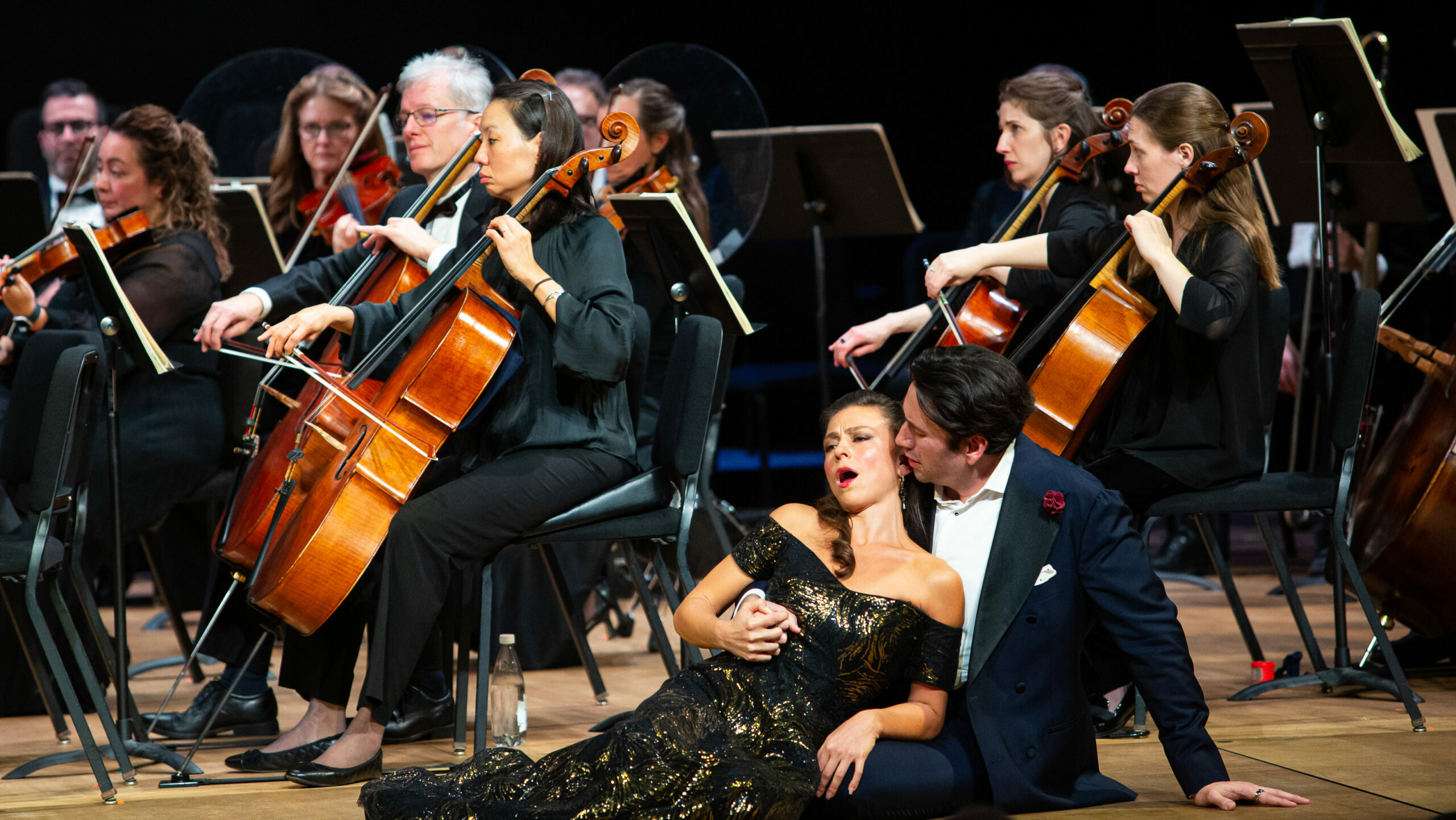
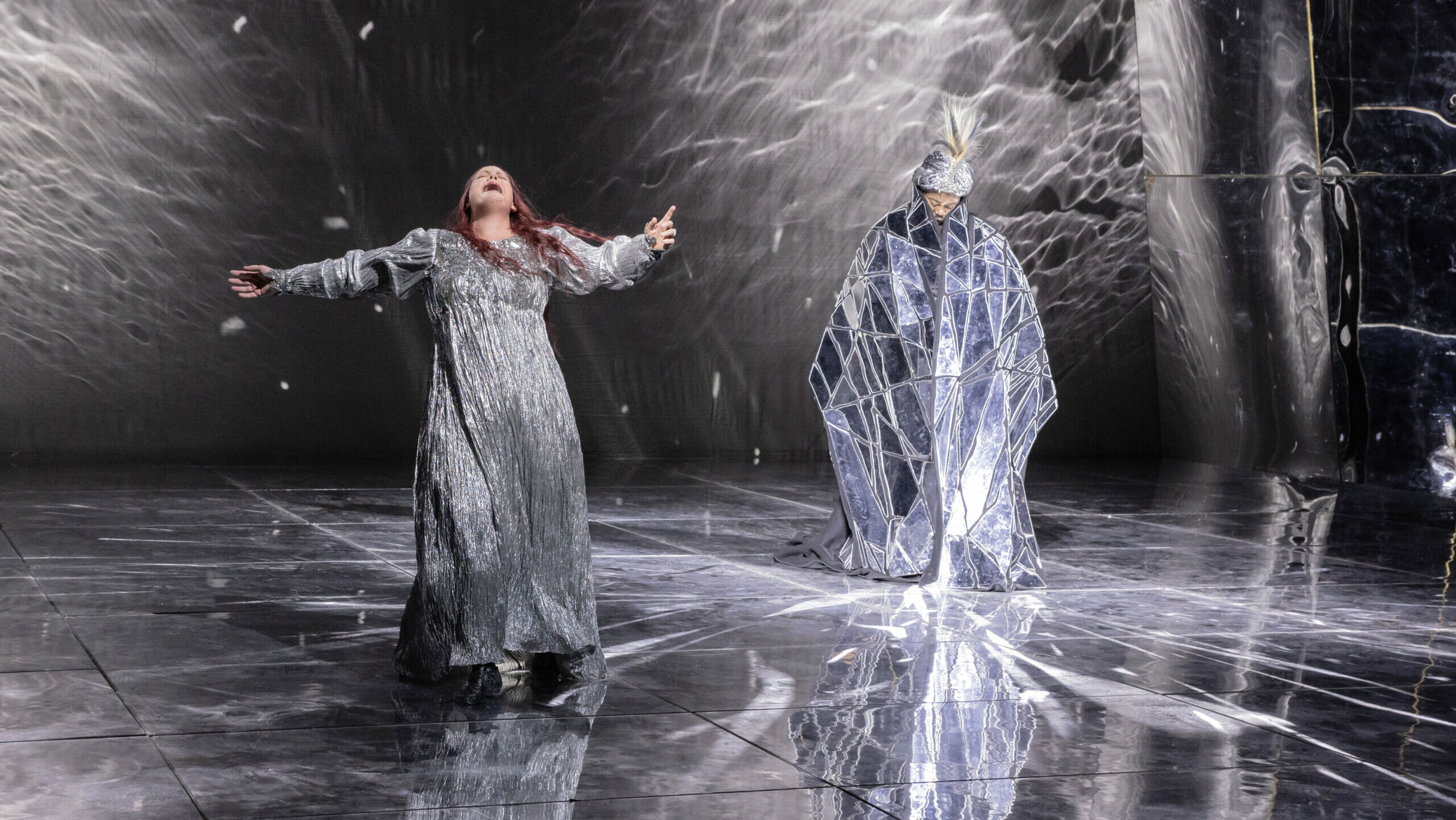
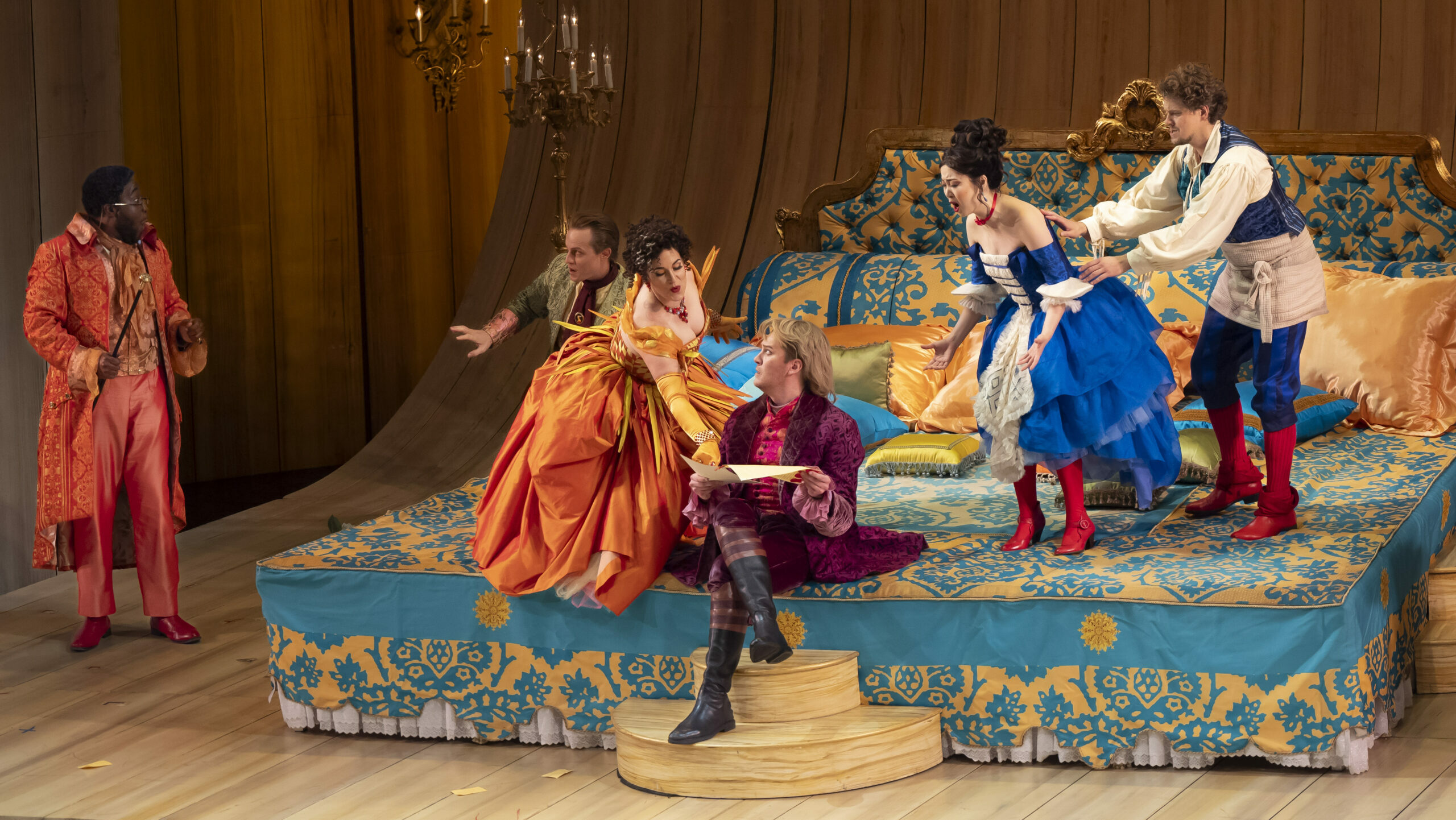
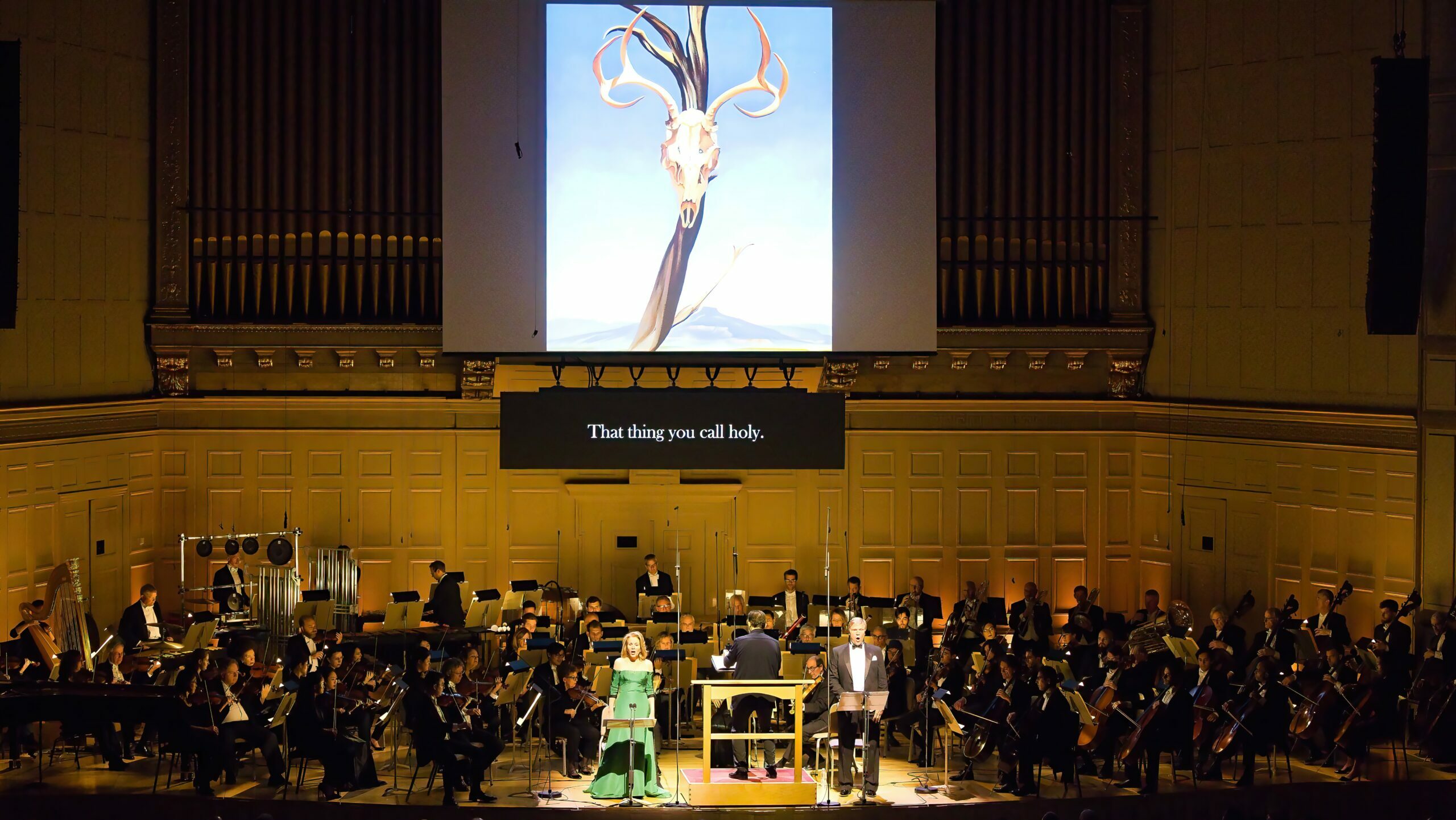
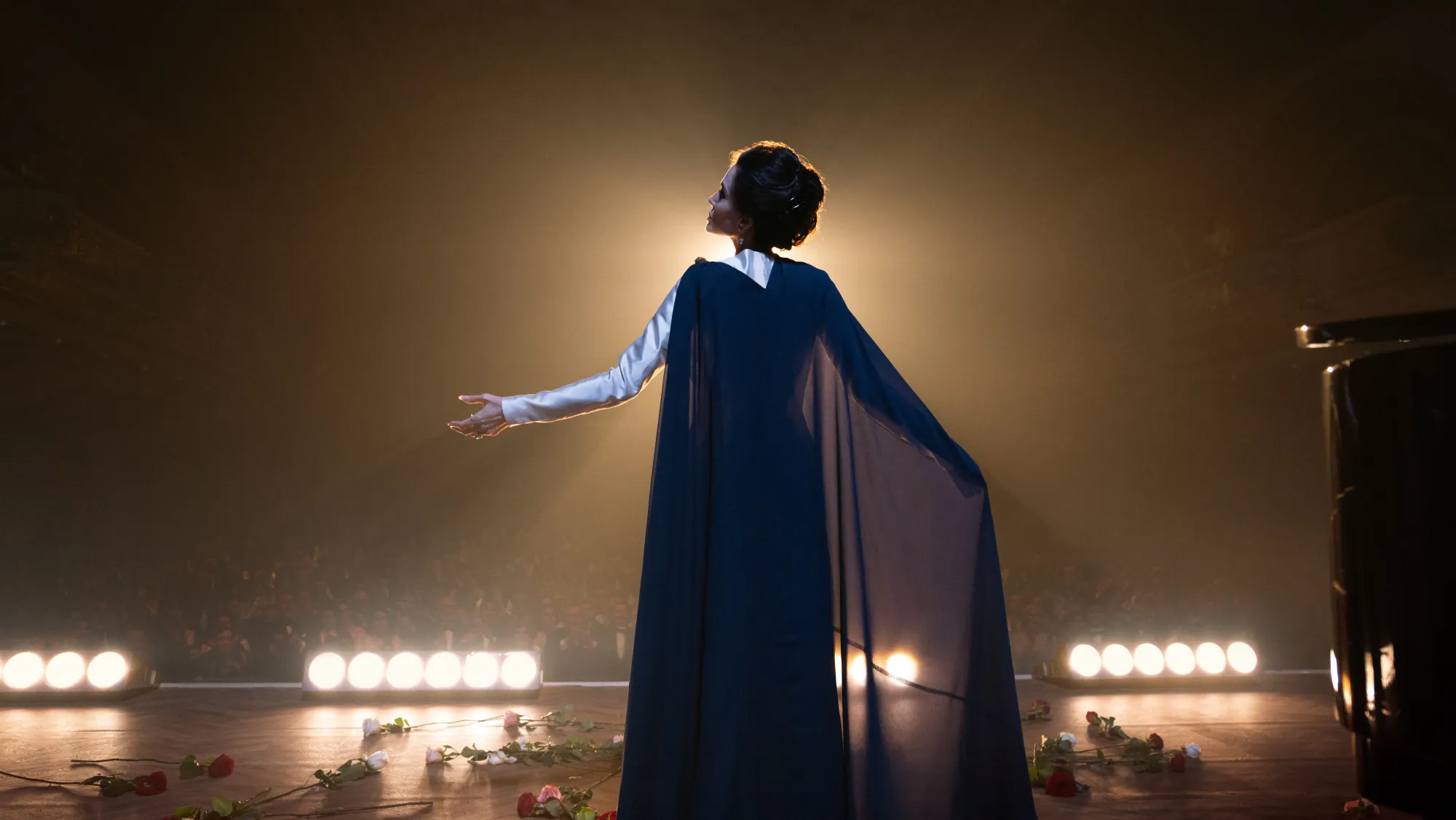
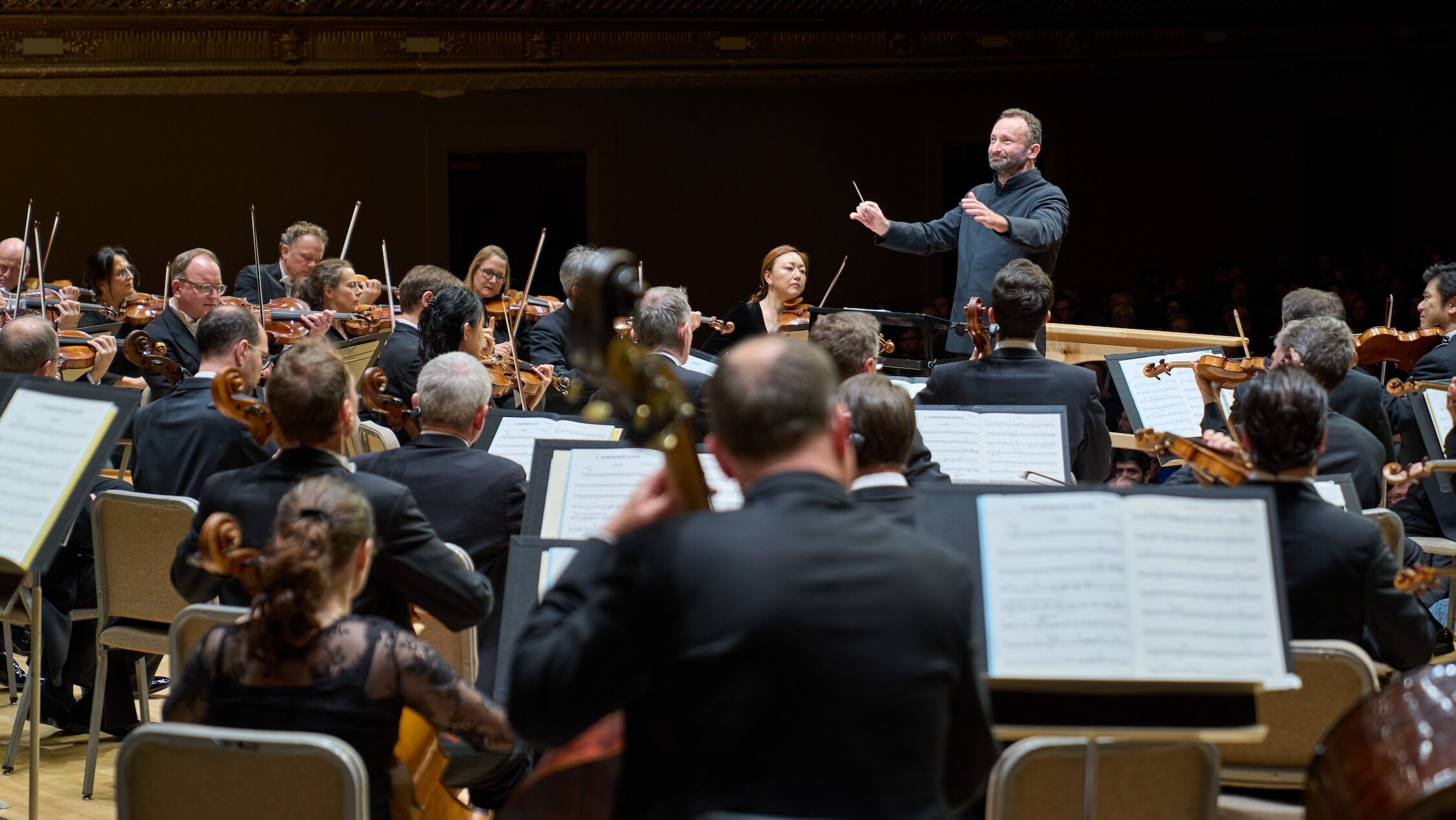
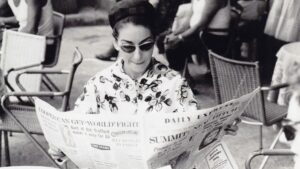
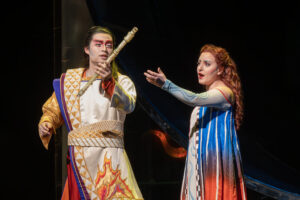

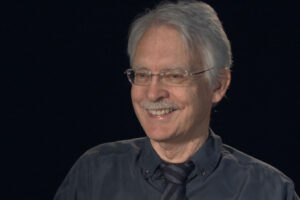
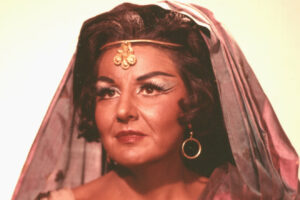

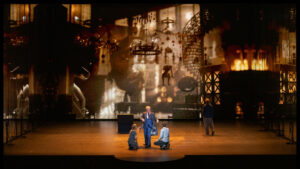
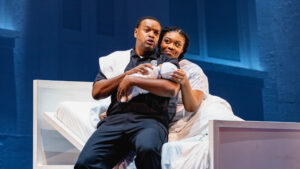



Comments